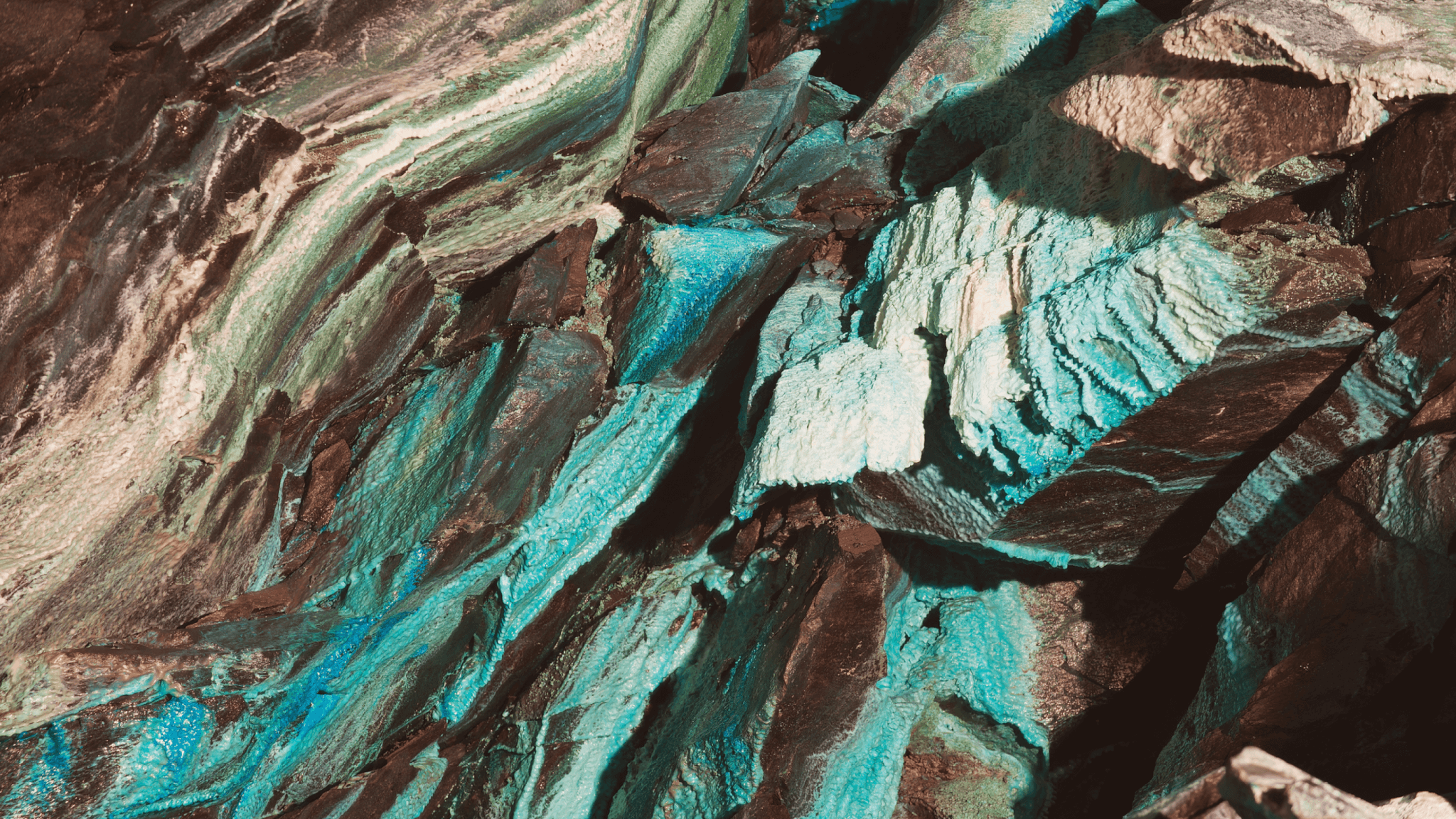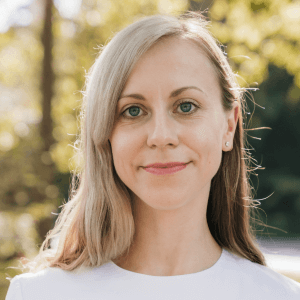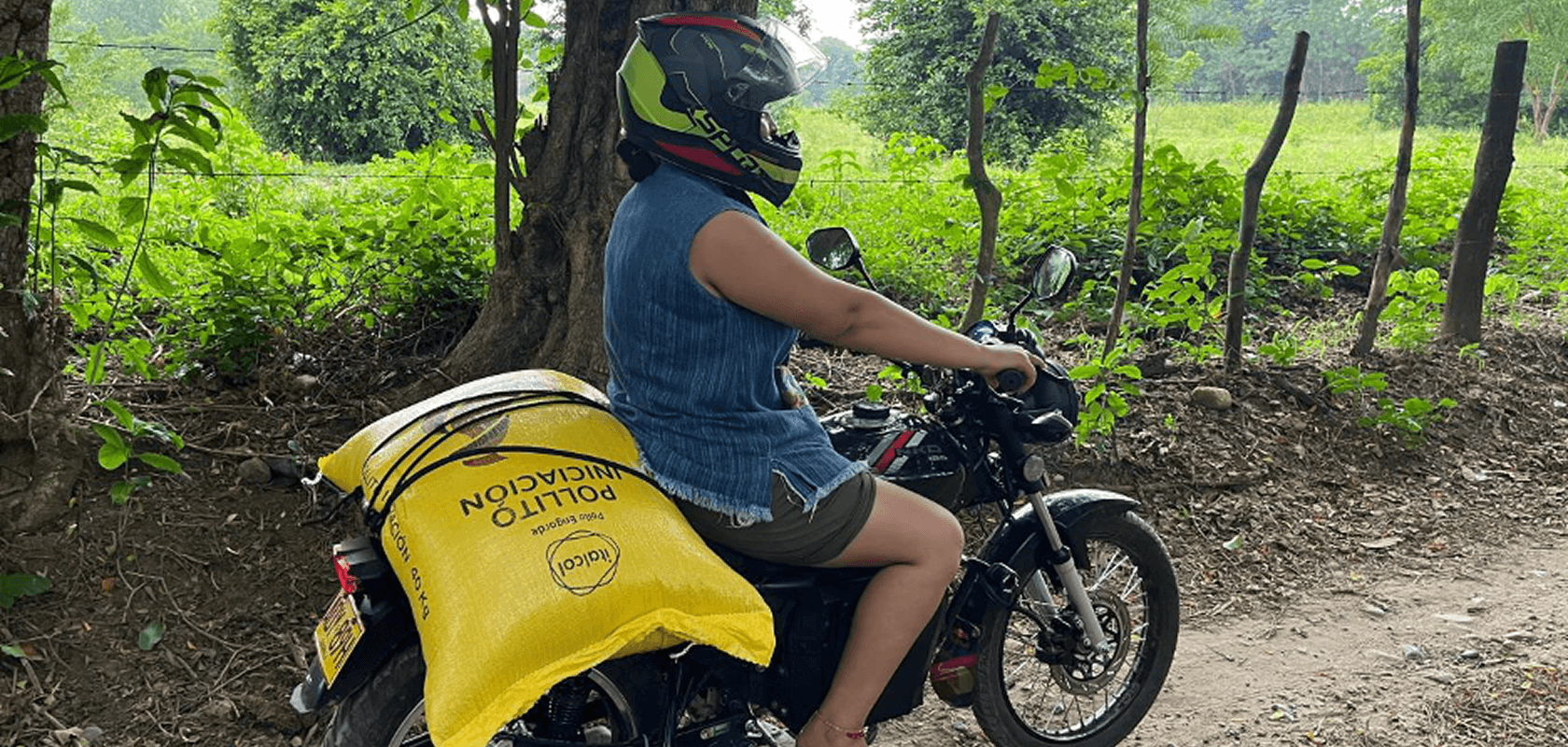
The clean energy transition must avoid replicating the exploitative mining practices of fossil fuel companies and other extractive industries.
The rapidly accelerating global energy transition requires minerals to produce core components of electric transportation and clean energy technologies such as wind turbines, solar panels, and batteries. These minerals, including nickel, graphite, cobalt, copper, and lithium, among others, are found in various regions around the world — such as South America’s “lithium triangle,” the varied mineral wealth of the Congo, and half the world’s nickel supply in Indonesia.
The energy transition presents a unique opportunity to reshape mineral supply dynamics so that mining contributes to resilient, prosperous, and healthy communities. However, Indigenous Peoples and communities around the world have suffered from the consequences of irresponsible mining, such as deepening inequality, rising conflicts, and environmental degradation. A responsible mineral supply chain is necessary to help rebuild broken trust and ensure the energy transition does not replicate unjust and exploitative mining practices.
At ClimateWorks, we are actively seeking the insights and aspirations of our local partners around the globe to shape our collective effort to build a responsible mineral supply. Recently, I spoke with two regional leaders — Davidzo Muchawaya based in South Africa, and Pochoy P. Labog based in Indonesia — to gain their unique perspectives on the legacy of mining and their hopes for the clean energy transition.
Davidzo is the Africa Regional Lead for the Initiative for Responsible Mining Assurance (IRMA), an organization that sets a globally recognized, rigorous, and best practice standard for the mining industry. Pochoy is the Southeast Asia Researcher and Representative with the Business and Human Rights Resource Centre (BHRRC), which monitors the human rights impacts of more than 10,000 companies worldwide.
This interview has been edited for clarity and length.
What is your organization’s role within the broader ecosystem of organizations working on minerals in your regions? How do you collaborate?
Davidzo Muchawaya: IRMA is three things. It is a voluntary best practice mining standards and a process for independently measuring mines’ performance against that standard. It is also an organization overseeing the standard and measurement processes with representatives of affected stakeholder groups equally governing us: mining, purchasers, finance, organized labor, advocacy NGOs, impacted communities, and Indigenous rights holders. IRMA’s contribution to broader collaboration stems from our focus on capacity building among our stakeholders to help them better understand how to use our tools. We engage stakeholders, including the BHRRC, through regular outreach about engagement on mining issues and upcoming audits.
As a regional lead in Africa, I engage with civic organizations, impacted communities, organized labor, and other groups and regularly solicit feedback on our audit system and tools. IRMA’s vision is a world where the mining industry respects human rights, provides safe and healthy working conditions, minimizes environmental harm, and leaves positive legacies.
Pochoy P. Labog: BHRRC is an international non-governmental organization established in 2002. Our work combines local and global action, focusing on natural resources, labor, and technology. We support local actors in their struggles for justice while taking grassroots concerns internationally and working to drive systemic change. We monitor the human rights impacts of more than 10,000 companies worldwide.
To monitor mining companies, we reach out to see if companies would like to respond to any of our allegations before we publish our findings. We present our research fairly and often get a reasonable response rate from businesses that want to increase their social capital and be seen as respecting rights.
What is the discourse on minerals for the energy transition in your regions?
Muchawaya: The discourse on energy transition minerals across Africa is urgent and complex. While the discussion about conflict minerals has been going on for years, the accelerating energy transition has spotlighted the negative impacts of extracting minerals needed for the energy transition, and how to justly source them going forward. These minerals include cobalt, lithium, graphite, and copper deposits. Dominant themes for mining companies, host communities, and organized labor include human rights abuses, workers’ rights issues, and environmental harms. There are documented examples of these concerns in the Democratic Republic of the Congo, Namibia, Zimbabwe, and Mozambique to mention a few.
Today, we’re hearing more talk from mining companies about protecting local communities and prioritizing environmental protection while creating decent jobs, inclusive growth, and positive legacies — a significant shift from an industry that’s negatively impacted people and the environment in Africa. IRMA exists in part to transform that talk into meaningful action.
Labog: In my opinion, the current discussions about just transition have not adequately addressed the issue of mining. Only recently have human rights and climate organizations started to discuss a just transition that includes mineral sourcing and mining. When we talk about governments and businesses, they see the transition to renewable energy and mining minerals as revenue-generating opportunities.
Indonesia, a key country for nickel processing, wants to be the leading global supplier of electric vehicles. The Philippines intends to follow the Indonesian model, particularly in encouraging nickel processing. Meanwhile, Myanmar is rich in heavy rare earth elements that are vital ingredients for the magnets used in electric vehicles and wind turbines. These mines are highly unregulated due to the country’s military rule, and the ongoing conflict exacerbates their impacts.
What are the critical mining challenges in your regions, what are the underlying causes, and what are the barriers to addressing them?
Muchawaya: The first challenge that comes to mind is the inconsistency in enforcing existing regulations. Modern mining is growing more complex as it rapidly scales to meet the demand for minerals. Legislation often falls far behind the complexities of mining, and governments can find it challenging to match the rate at which the industry is evolving. This is why advocacy is essential in pushing governments to act and improve mining industry practices.
In Africa, governments sometimes face challenges in implementing and updating laws effectively. That’s where the IRMA Standard for Responsible Mining and assessment process can help. Through the public release of IRMA audit reports — which independently assess mines’ performance against the best practice IRMA Standard — we create unprecedented transparency about mining operations. We provide valuable information for companies to make their mines more responsible, for purchasers and investors to make better decisions about where to buy and invest, and for communities and civil society to work with governments to improve oversight. IRMA is a voluntary standard that can show governments a better way, but it is no substitute for government oversight that provides true accountability.
Labog: Mining is considered a revenue-generating activity, often at the expense of Indigenous Peoples and local communities. We see this in Southeast Asia, where government regulations are relaxed or not thoughtfully implemented. Indonesia, which has a Just Energy Transition Partnership, is processing nickel using smelters powered by coal plants. Because of the focus on profit, civil society organizations that advocate for impacted communities are threatened with lawsuits or imprisoned, particularly in less democratic spaces like Vietnam.
The issue of jurisdiction is often vague in Indonesia, while mining interests frequently undermine the agency mandated to protect Indigenous Rights in the Philippines. These challenges lead to uncertainty about who permits a mine. Consequently, Indigenous Peoples and other affected communities are often left out of the decision-making process. To address this pressing challenge, governments must urgently implement regulations that empower affected communities with more decision-making power and ensure the protection of human rights and the environment. Simultaneously, the business sector must increase its due diligence and transparency to exert pressure on companies and their investors while respecting rights across their supply chains.
What can contribute to stronger advocacy for responsible mining and supply chains?
Muchawaya: We need to focus on the communities that bear the brunt of mining impacts. They are telling us they must build their expertise and capacity to engage effectively with the mining operations in their midst and different sectors. Funding is necessary for research and legal representation to sustain their advocacy and campaign initiatives. IRMA supports these communities and civil society by developing tools that help them engage with mining sites effectively, particularly audit reports, which give them an independent auditor’s opinion about how a mine scores against the 400+ requirements in the IRMA Standard. And perhaps even more importantly, why the auditor gave the mine the scores on each requirement.
Labog: I agree with Davidzo that we need to build the capacity of local organizations and establish evidence through research that enables them to influence policymakers and companies. We must also increase support for advocacy efforts that map supply chains from the ground up in partnership with local civil society organizations.
How can philanthropy support efforts for responsible mining?
Muchawaya: Philanthropy can help fund critical initiatives and develop new technologies to monitor mining activities to support transparency and accountability. With funding from USAID through the Just Energy Transition Green Minerals Challenge, we’re working with NGOs, affected communities, and labor groups to create at least three new tools to help communities and workers access IRMA tools and audit reports, enhance accountability and transparency in the mining sector, and add to the measures that are being put in place to reduce harm.
Labog: Philanthropy can help fund legal assistance to access remedies. Filing cases in many countries is complex, and funding for this work is insufficient. One of the cases we won in the Philippines took 20 years. That’s why extraterritorial laws are so important. Taking on companies in their home countries would be a significant step toward addressing the human rights impacts of mining.
What is your vision for mining in your region and what are the most significant opportunities for responsible mining?
Muchawaya: My vision for mining in Africa is an industry that profoundly respects human rights and the aspirations and needs of communities — one that provides safe, healthy, and supportive workplaces, minimizes harm, leaves positive legacies, and equitably distributes the benefits of mining to local communities and workers. This vision might seem far-fetched, but it’s achievable if governments, labor organizations, mining companies, civil society, and stakeholders work together.
One central element to that vision is robust stakeholder engagement, where impacted communities are not just consulted when mining is operational but are integral to the design and planning process. It is crucial that the needs and aspirations of communities shape how and when mining takes place. I’d also like to see grievance mechanisms that are effective in remediating harm caused by operations.
Labog: With the renewable energy transition, I’m reminded that most carbon emissions come from wealthy countries while most transition metals are found in the Global South. We must seize the moment to ensure that the energy transition moves away from the legacy of extraction that has deepened inequality.
BHRRC has core principles like shared prosperity. We envision business models that drive the clean energy transition in a way that works for our communities, with workers’ rights as a critical component. Governments and companies must shield workers and communities from harm and minimize human rights and environmental risks. We also need fair negotiations that bring impacted communities to the table throughout the operational life cycle with free, prior, and informed consent.

